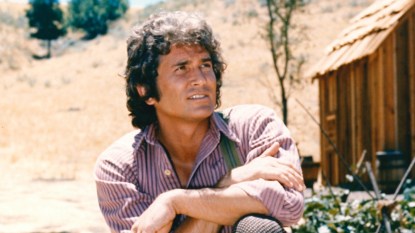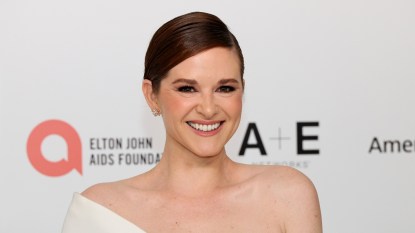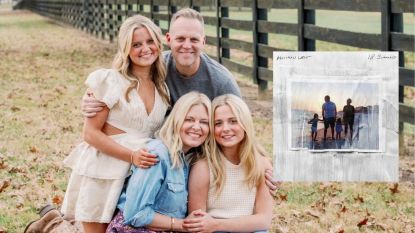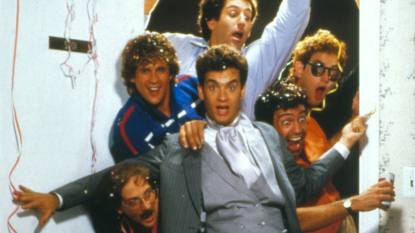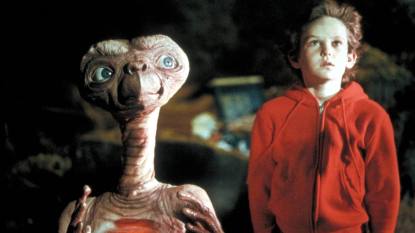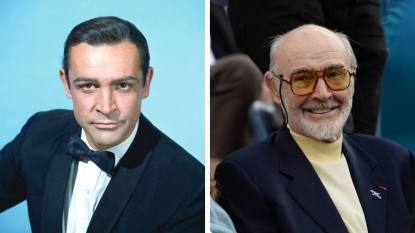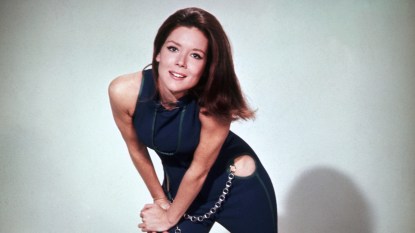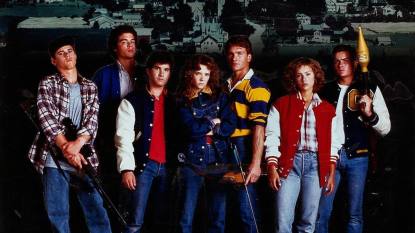Etta James Songs: 14 of the Legend’s Most Impressive Classics
“I want to sing real stuff,” the Matriarch of the Blues once said, and she lets you feel every emotion in this treasured collection of tunes.
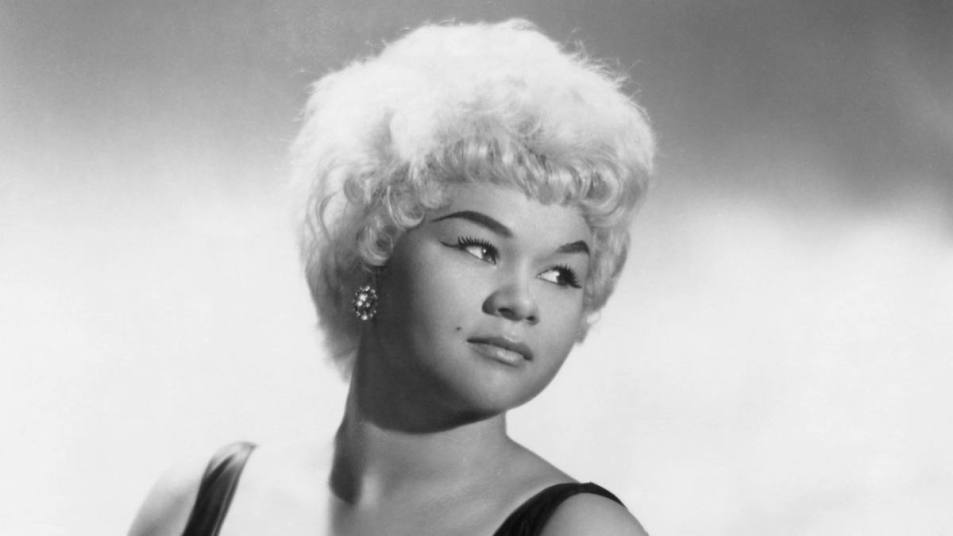
“A lot of people think the blues is depressing, but that’s not the blues I’m singing. When I’m singing blues, I’m singing life,” Etta James once told the Los Angeles Times of her Etta James songs, adding, “People that can’t stand to listen to the blues, they’ve got to be phonies.”
The Matriarch of the Blues was as beloved for her straight-shooting personality as she was for her rich, powerful vocals. Born Jamesetta Hawkins to a 14-year-old mother (who claimed James’ father was famed pool player Minnesota Fats), the future artist grew up in the foster care system and was “singing gospel songs” at her Baptist church by age 5, she told CNN.
Around age 12, she moved to San Francisco with her biological mother and started a female doo-wop group, meeting Johnny Otis, the “Godfather of Rhythm and Blues,” along the way. It was Otis who helped guide her into her career, which started with an answer song to Hank Ballard’s “Work With Me, Annie.”
James’ “Roll with Me, Henry” became a No. 1 hit on the R&B charts in 1955 after its title was changed to “The Wallflower,” to cushion the song’s innuendo. (Georgia Gibbs, a white singer, covered it with even even further sanitized lyrics. “At that time you weren’t allowed to say ‘roll’ because it was considered vulgar,” James told the Associated Press in 1987. “So when Georgia Gibbs did her version of Etta James songs, she renamed it ‘Dance With Me, Henry’ and it went to No. 1 on the pop charts.”
MUST-READ: 1960s Love Songs: 20 Heartfelt Hits That Will Leave You Totally Smitten
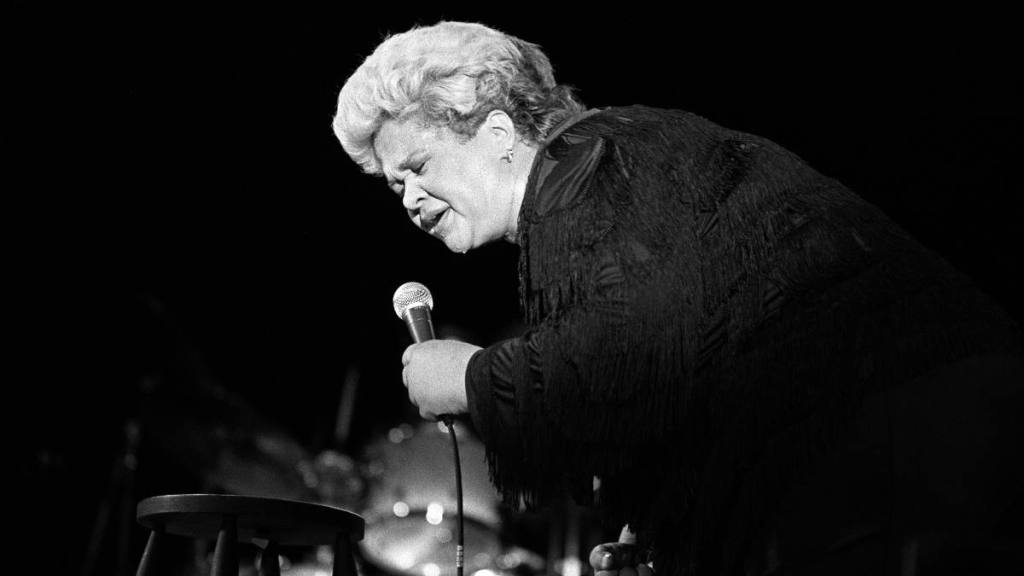
Etta James songs quickly scored another R&B hit with “Good Rockin’ Daddy,” then had a bit of lull before signing with Chicago’s Chess Records in 1960, where her skilled vocals easily transitioned from classic ballads to gospel, blues, jazz and R&B. Edgier, more emotionally raw work came later in the decade when she recorded at Muscle Shoals, Alabama’s iconic FAME Studios, and she went on to wow audiences with her much in-demand live shows throughout the 70s.
“I always was a big-mouth. ‘There’s old temperamental Etta.’ So I figured, well, what the heck, I’ll keep working these gigs and doing my thing, and this is all I know to do,” she reflected during her 1993 Rock & Roll Hall of Fame induction, noting she was always ready, willing and able to sing anything. “I don’t know what category I am,” she said of criss-crossing genres, “[and] I don’t care.”
k.d. lang, who inducted her, praised the impact of vocalist’s pure style and keen song interpretation. “[She] sings truth into every note,” lang said. “Her passion allows us to read between the lines and to understand fully the emotion of the song, for she has lived what she sings. That’s what makes Etta James great.” James herself once promised CNN, “Everything that I sing about is about something that I have experienced. It’s never something that I don’t know nothing about.”
Even during her darkest days — including struggling through various drug addictions in the 60s and 70s, which she recounts in her 1995 autobiography Rage to Survive — James was always revered by her fellow artists. While in rehab in the mid 70s, she received a letter from The Rolling Stones’ Keith Richards, she shared with NPR. “The letter said, ‘We would like to have you on tour with us. We love your music, but what you’re doing right now is more important than what we could ever do with you, [and] we will be sure to come back and get you when you’re ready.’ And that was really cool,” noted James, who did go on to open for the rock icons later in that decade. “That was when they came back in ’78 and kept their word.”
MUST-READ: Rolling Stones Songs: 15 of Their Most Rockin’ and Iconic Hits, Ranked
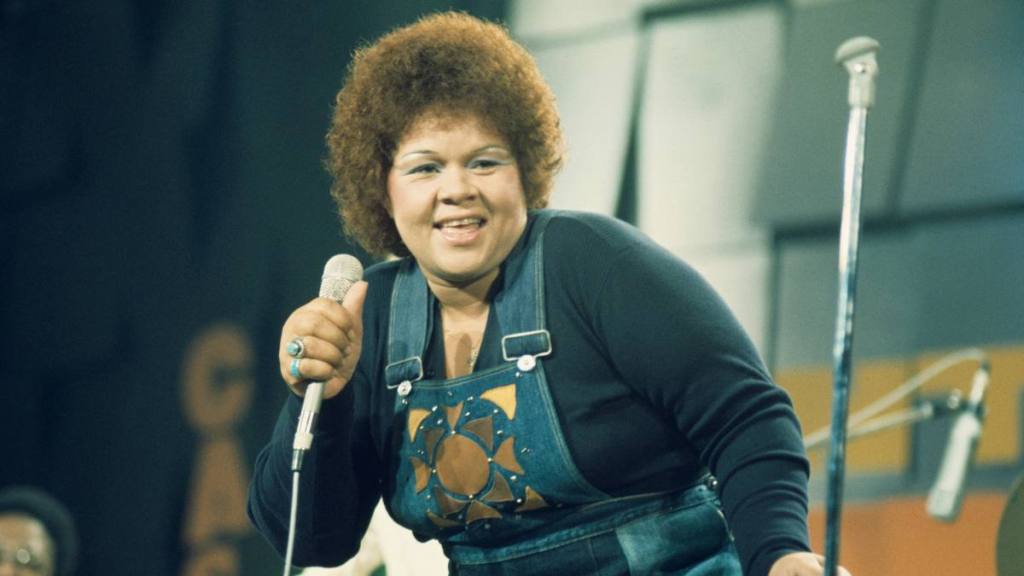
And though Beyoncé, who played James in 2008’s Cadillac Records, caught some allegedly playful heat from the Matriarch of the Blues after singing “At Last” at Barack Obama’s 2009 inauguration, the “Texas Hold ’em” singer had nothing but praise for the legend when she passed away in 2012 at the age of 73.
“Etta James was one of the greatest vocalists of our time,” Beyonce said of the Blues Hall of Fame member. “I am so fortunate to have met such a queen.… When she effortlessly opened her mouth, you could hear her pain and triumph. Her deeply emotional way of delivering a song told her story with no filter. She was fearless, and had guts.”
She also had endless talent, of course, so let’s take a listen to some Etta James songs that prove just how gifted the timeless singer truly was.
“All I Could Do Was Cry” (1960): Etta James Songs
“I saw them holding hands / She was standing there with my man … For them, life has just begun but mine is at an end / Oh, all I could do, all I could do was cry.” The singer earned a Grammy nomination for her heartfelt delivery on this song, co-written by Motown legend Berry Gordy, his sister Gwen Gordy, and Billy Davis. It’s reportedly about James’ former flame, Harvey Fuqua, leaving her heartbroken and moving on with Gwen.
“My Dearest Darling” (1960)
This gem “had a special sort of emotional pull; it was demanding and soulful, yet somehow gentler and more vulnerable than even teenage stuff by the Vandellas or the Marvelettes,” a Rolling Stone review notes. James once said that it was a common request at her shows of Etta James songs from audience members who favored her more romantic material.
“At Last” (1961): Etta James Songs
Perhaps the most beloved of Etta James songs, “At Last” had originally been done by Glenn Miller’s orchestra for the 1941 film Sun Valley Serenade. Of course, once James wrapped her warm vocals around it, it became her signature. The Grammys, which honored it with its Hall of Fame award in 1999, notes that the singer’s voice “soared like a swooning angel over the billowing clouds of strings in her timeless ballad.”
“Trust in Me” (1961)
James took this 1937 song from jazz and swing singer Mildred Bailey to No. 4 on the R&B charts. Her time with Harvey Fuqua led her to the track. “He had a book of 100 standards,” James told WBGO’s Felix Hernandez. “He didn’t know that I knew [it]. But I knew some of the songs because of what my mother liked to listen to in California with me as a young teenager.”
“Fool That I Am” (1961): Etta James Songs
“This is the first song that I heard by Etta James that made me want to be a singer,” Adele noted during one of her shows in 2009 before she launched into this gorgeous tune. That’s no surprise. James’ stunning version had earned a Grammy nomination for Best Rhythm & Blues Recording.
MUST-READ: The Temptations Songs: 11 Irresistible Tracks, Ranked
“A Sunday Kind of Love” (1961)
“Periodically, James lets out a little ‘Uh!’ between lines of the verse,” Pitchfork notes about James’ cover of this 1946 standard. “Those little vocal punctuations are commonplace now, but when James loses one, even the quickest, most under-thought ‘Uh!’ communicates…[that] she knows what she wants, even (especially) as it remains just out of her reach.”
“Stop the Wedding” (1962): Etta James Songs
James is in the losing corner of another love triangle in this heart-tugging ballad and slow-building belter that finds her watching the man she loves marry someone else. The song ends, the New York Times notes, with her “wailing with loneliness and then begging with a hint of threat, ‘Don’t do it!’ She was bereft and indomitable, sly and forthright — a one-woman fortress holding the wisdom of the blues.”
“Something’s Got a Hold on Me” (1962)
If James’ No. 4 R&B hit sounds like a gospel song to you, you’re not wrong. “It is a gospel song,” James assured NPR of adapting it from “Something’s Got a Hold on Me, It Must be the Lord.” In her version, though, the Lord changed to love. “I’m not that one who decided to,” she clarified with a laugh, “but I was one of the writers. I just kind of said, OK, well let’s go, rock and roll.”
“Pushover” (1963): Etta James Songs
“I loved ‘Pushover’,” none other than the Queen of Soul herself, Aretha Franklin, raved when she honored James’ memory upon her death in 2012. “Etta James was one of the great soul singers of our generation.… When Etta SUNG, you heard it!” And this sass-filled track is a fun one that truly shows the singer’s versatility.
MUST-READ: 15 Soul-Stirring Gospel Songs That Are Guaranteed To Lift Your Spirits
“Tell Mama” (1967)
Though James earned a Grammy nomination for Best Rhythm & Blues Solo Vocal Performance for this track (and it took her higher on Billboard’s pop charts than any other song in her catalog), she had some reservations about the song, which she expressed in her 1995 autobiography Rage to Survive. “It was never a favorite of mine,” she shared. “Maybe it’s just that I didn’t like being cast in the role of the Great Earth Mother, the gal you come to for comfort and easy sex.” But fans sure appreciated it, and the track remains a powerful showcase for her incredible artistry.
“I’d Rather Go Blind” (1967): Etta James Songs
The artist regretfully gave away her writing credit (and royalties) to musician Billy Foster, who’s credited with penning this now classic with Ellington “Fugi” Jordan, who was in prison at the time it was created. James notes in her autobiography that her love life and her drug use was what had blinded her through the years. “I think it summed up my situation at the time,” she once said of the song, which Time calls a “husky, heart-shredding blues hit.”
“Security” (1968)
James nabbed a Best Rhythm & Blues Vocal Performance Grammy nomination for this Otis Redding cover, which made both the R&B and pop charts. Analog Planet goes so far as to say it “outdoes the original,” noting that “Etta’s vocal is fabulous with more aggression and bite than Otis’ which fits the lyric better.”
“I Found a Love” (1972): Etta James Songs
Originally done by Wilson Pickett’s The Falcons and then redone by Pickett as a solo artist, this stand-alone single fits perfectly into James’ wheelhouse, and she sprinkles a lot of her personality and vocal asides throughout the track, especially near the end.
“All the Way Down” (1973)
This “jagged [and] hypnotic” track, as Rolling Stone described it, is a fresh diversion for the acclaimed singer. It was produced by Gabriel Mekler, who was known for his work on albums for Janis Joplin and Three Dog Night, among others. AllMusic notes the Grammy-nominated album that it came off of was an intriguing mix of funk and blues-rock, and that the track “perfectly fit the singer’s own down-and-out experiences [while it] turned out to be her last to hit the R&B singles chart.”



